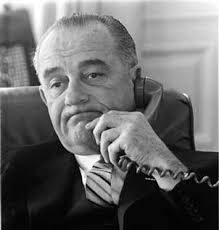The Civil Rights Act of 1957, primarily a voting rights bill, was the first civil rights legislation enacted by Congress in the United States since Reconstruction. After it was proposed to Congress by then-President Dwight Eisenhower, Senator James Strom Thurmond sustained the longest one-person filibuster in history in an attempt to keep it from becoming law. His one-man filibuster consisted of 24 hours and 18 minutes of readings from the Declaration of Independence, the Bill of Rights, Washingtons Farewell Address, and various phone books. His speech set the record for a Senate filibuster.[1] The bill passed the House with a vote of 270 to 97 and the Senate 60 to 15. President Eisenhower signed it on 9 September 1957.



 !
!